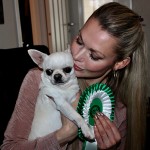Why was it interesting for you to become a judge?
I became a judge in a very early age and had a chance to learn and grow in the judge’s world. In the beginning, I wanted to be a judge because sometimes my dogs lost quality and judges did not say the reason why they lost or win, they just said ‘I am the judge and this is my decision’… Then I wanted to be a judge and learn more, and explain people about their dog’s positive and negative parts. Then after I started to judge and got new and new invitations, I loved each occasion and I could not say no… I think it is destiny!
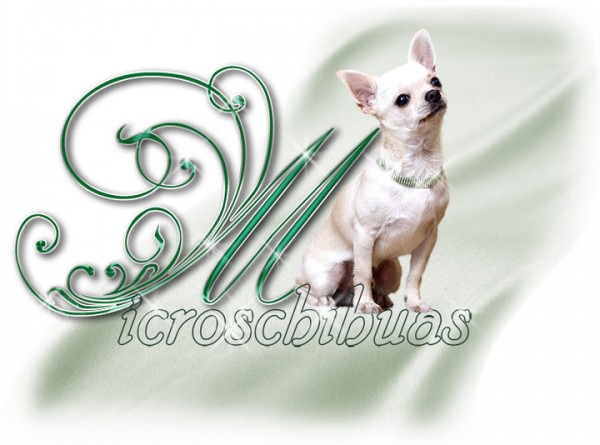

Which breeds do you judge? Are some of them easier than the others? Why?
I judge more than 300 breeds, and let us be honest: it is not easy to remember all standards and details about all of them. Of course, it’s easier to remember popular breeds which we meet often at shows but in some cases we do not get always to judge these breeds especially in Scandinavia where you can meet so many breeds. In this case, I have to re-read standards because we should judge them also on the same high level as other breeds, and this is how we should respect the exhibitors.
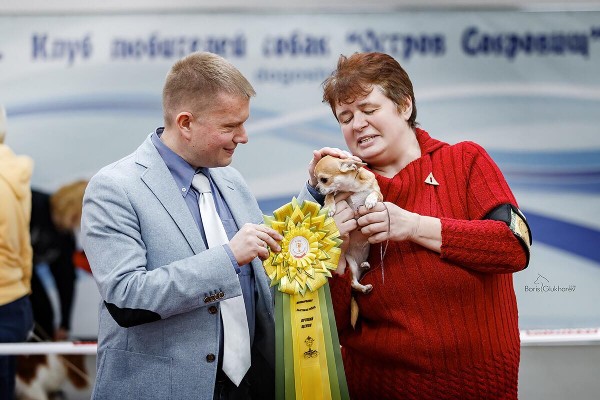

What kind of mistakes have you made as a judge and how have you handled them?
Of course, all of us make mistakes, no exceptions, and so do the judges do, too. Only one important thing is that we should not make mistake at the dog shows: that kind of judges are not so welcome in our hobby, in my opinion. Between us judges, we can say if you do not know what to do or not sure to do it fast. Some judges are not so sure and do it slowly – then everybody can see that they are wrong or not so sure in themselves.
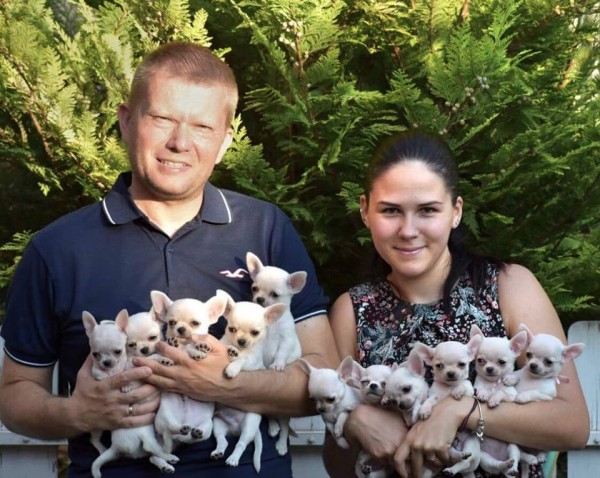
What kind of a handler do you value?
I always judge dog quality more than handling but sometimes it is a pity that you have a top quality dog but you cannot see it presented well and win the right place – in that case you need a handler. I appreciate professional handlers. What does it mean? People who do their job on high level in all points: 1) to prepare the dog and present it on a top level (yes, it is hard work) and 2) to show dogs in the right way: not killing the competitors in the ring, know how to win and to lose – this is a bit more difficult than the first point.
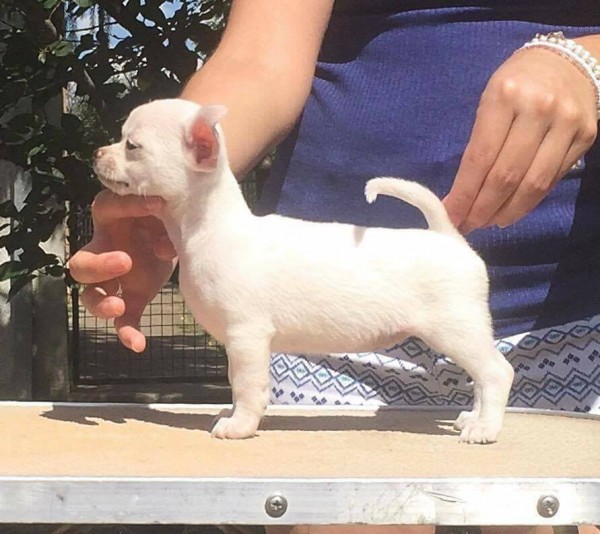
What kind of cultural differences in shows have you seen between different countries?
I have been judging in 55 different countries and all of them are different in some way. I can say that more similar are South American and Asian countries, but they also have a lot of American influence. European countries are a bit more different, I can say there are a few groups among them like Scandinavian countries, Western Europe, Southern Europe, Balkan countries and Eastern countries. I cannot say which ones are better – they are all special. After judging in all of them, my experience is that judging in them is different; there are different systems, quality of dogs, and hospitality.


